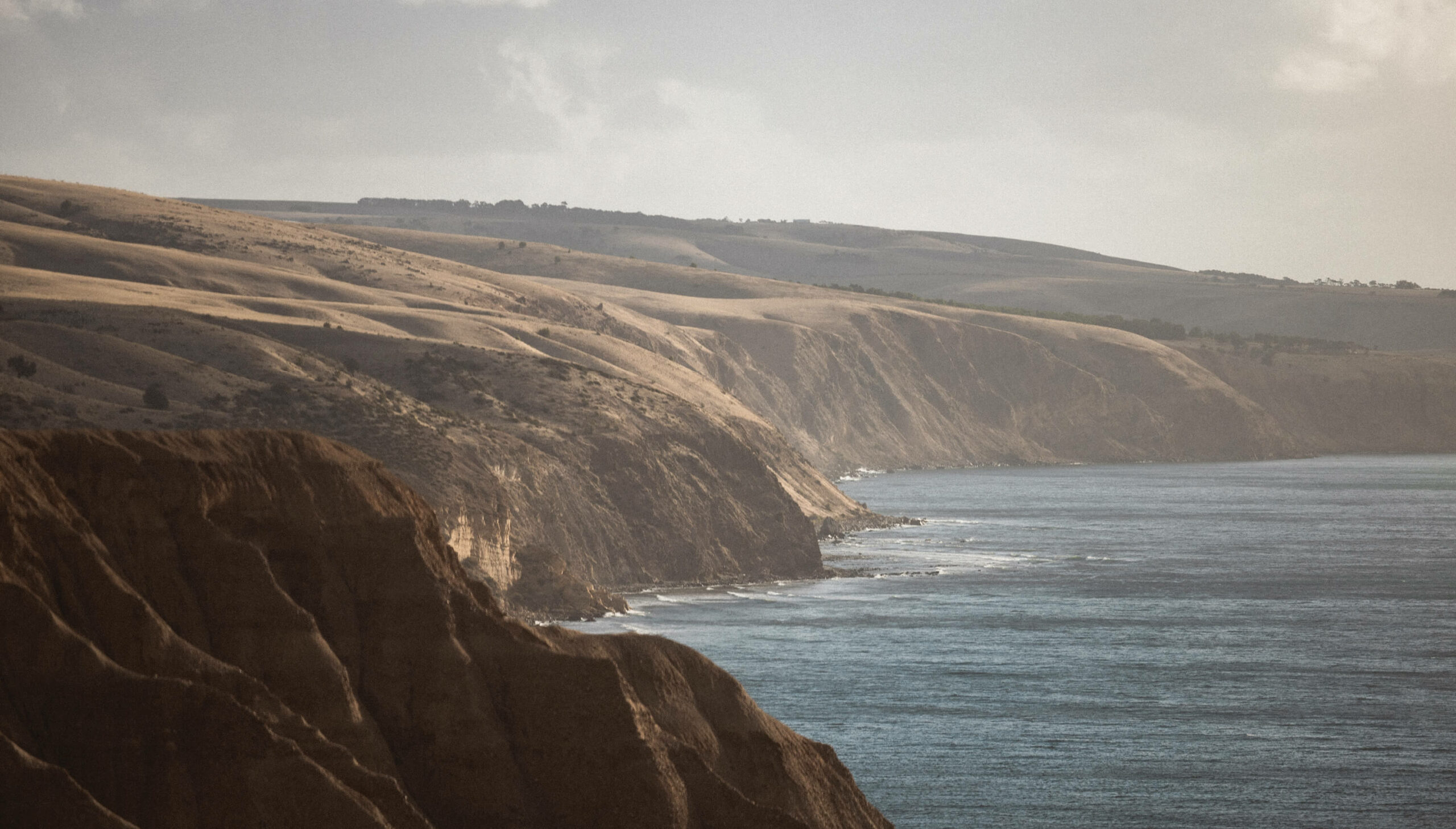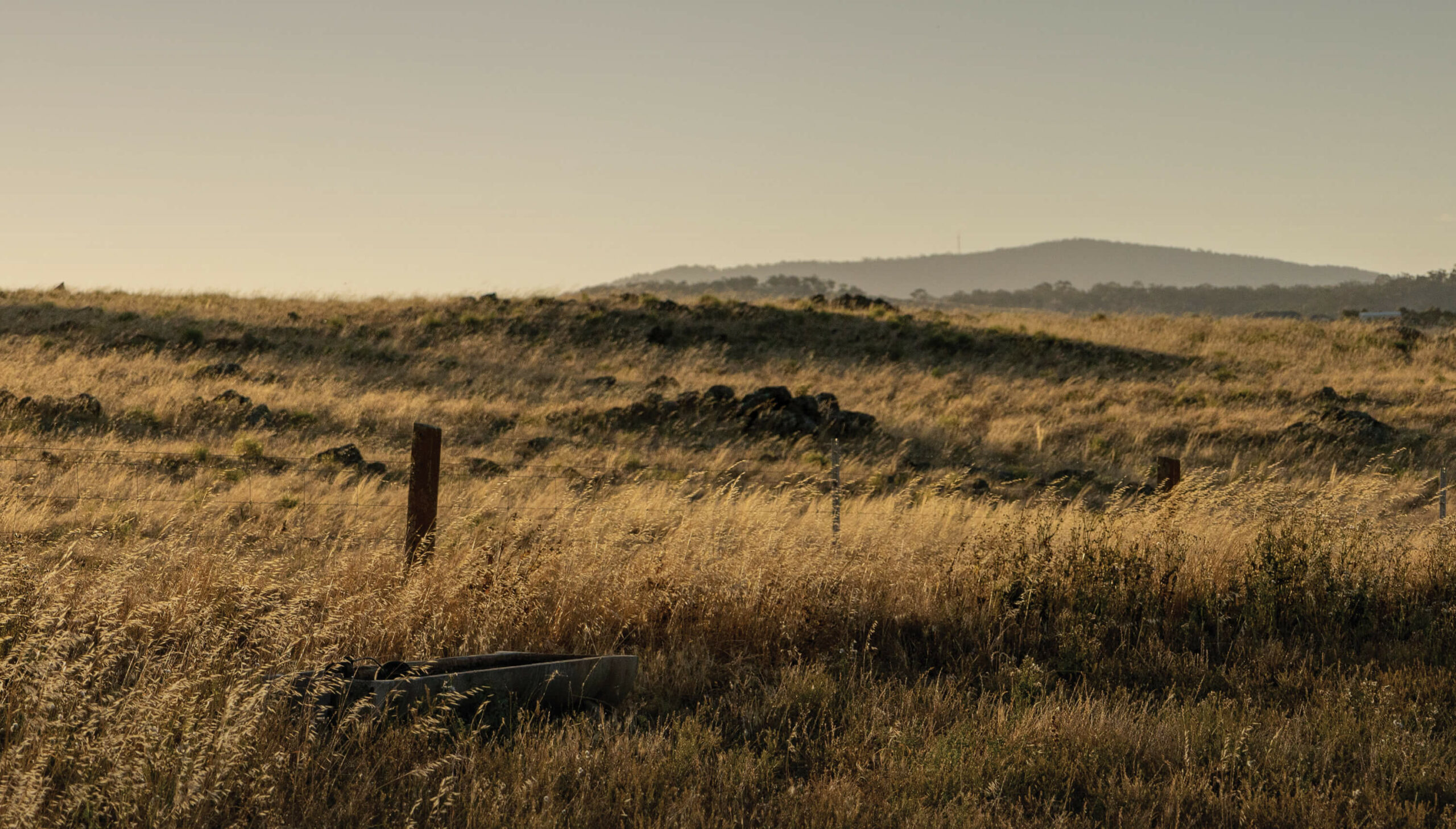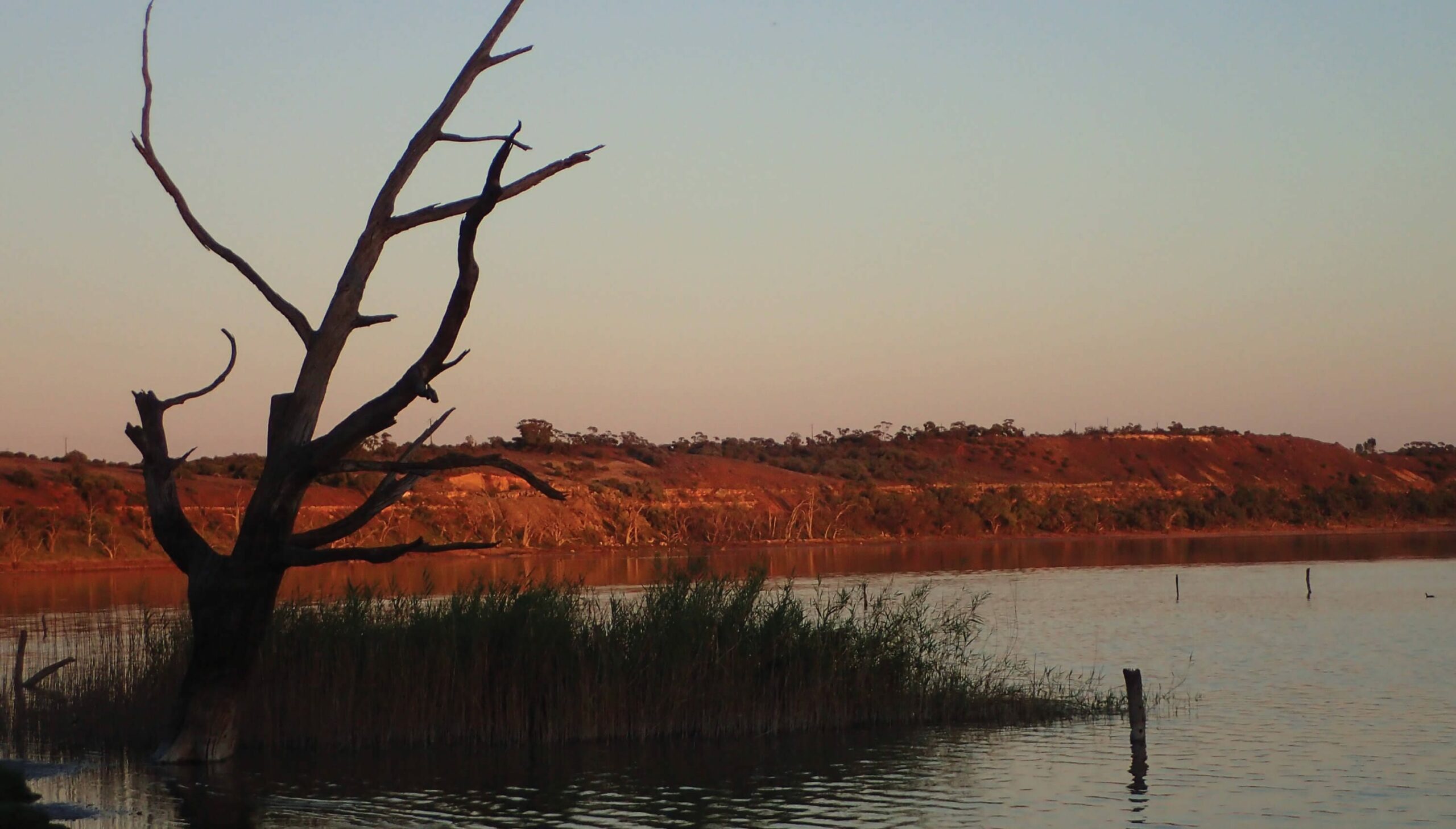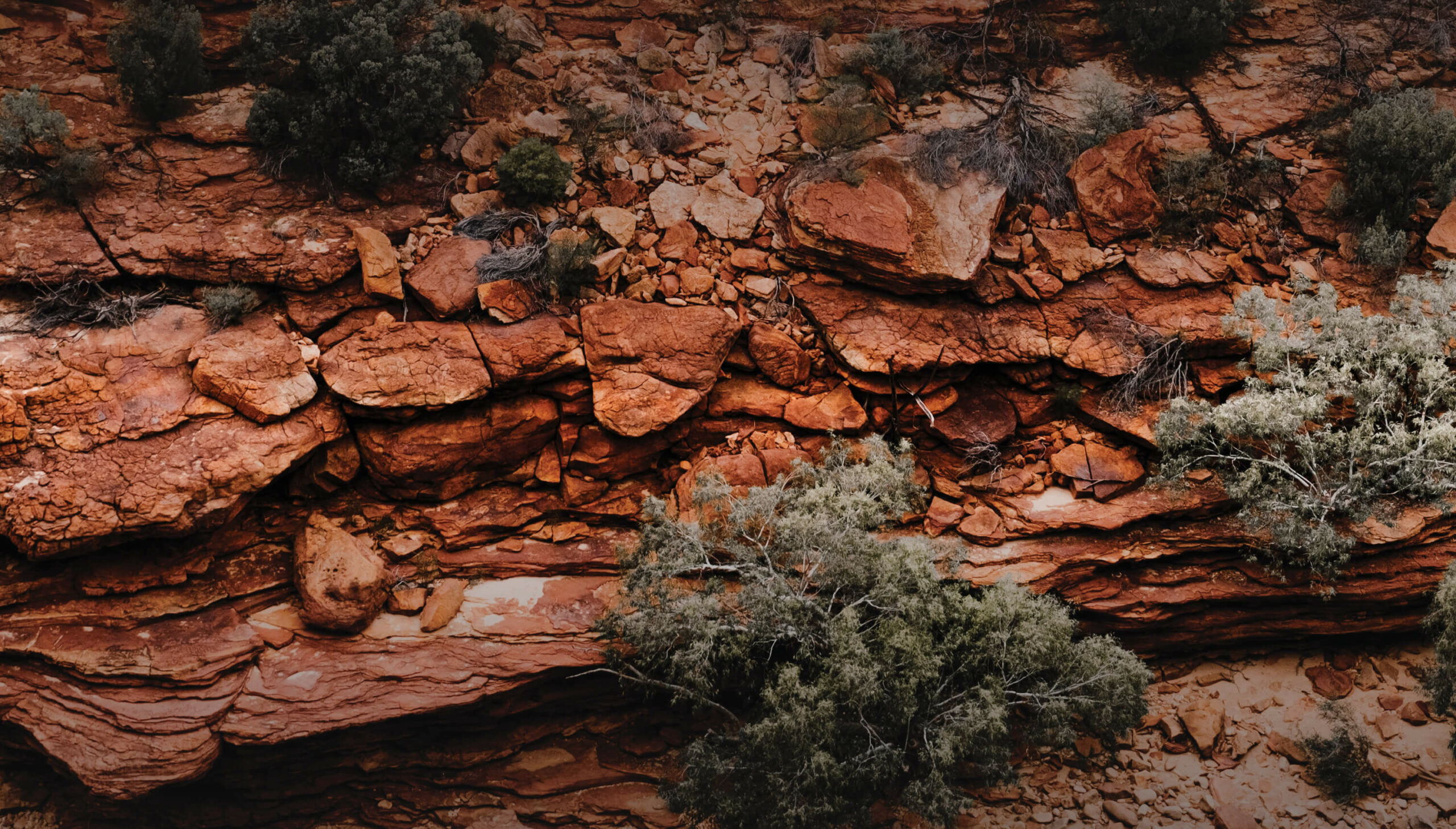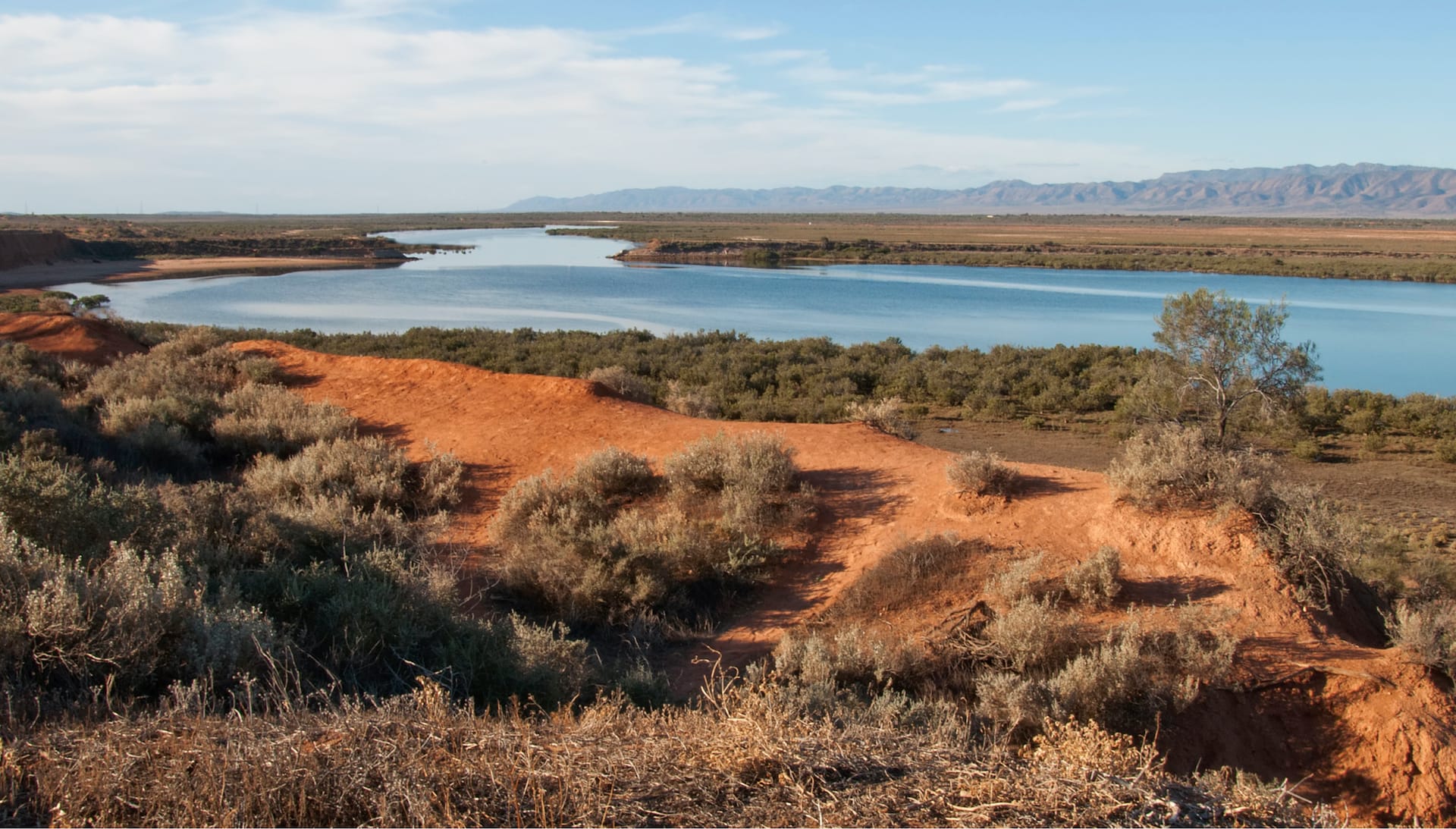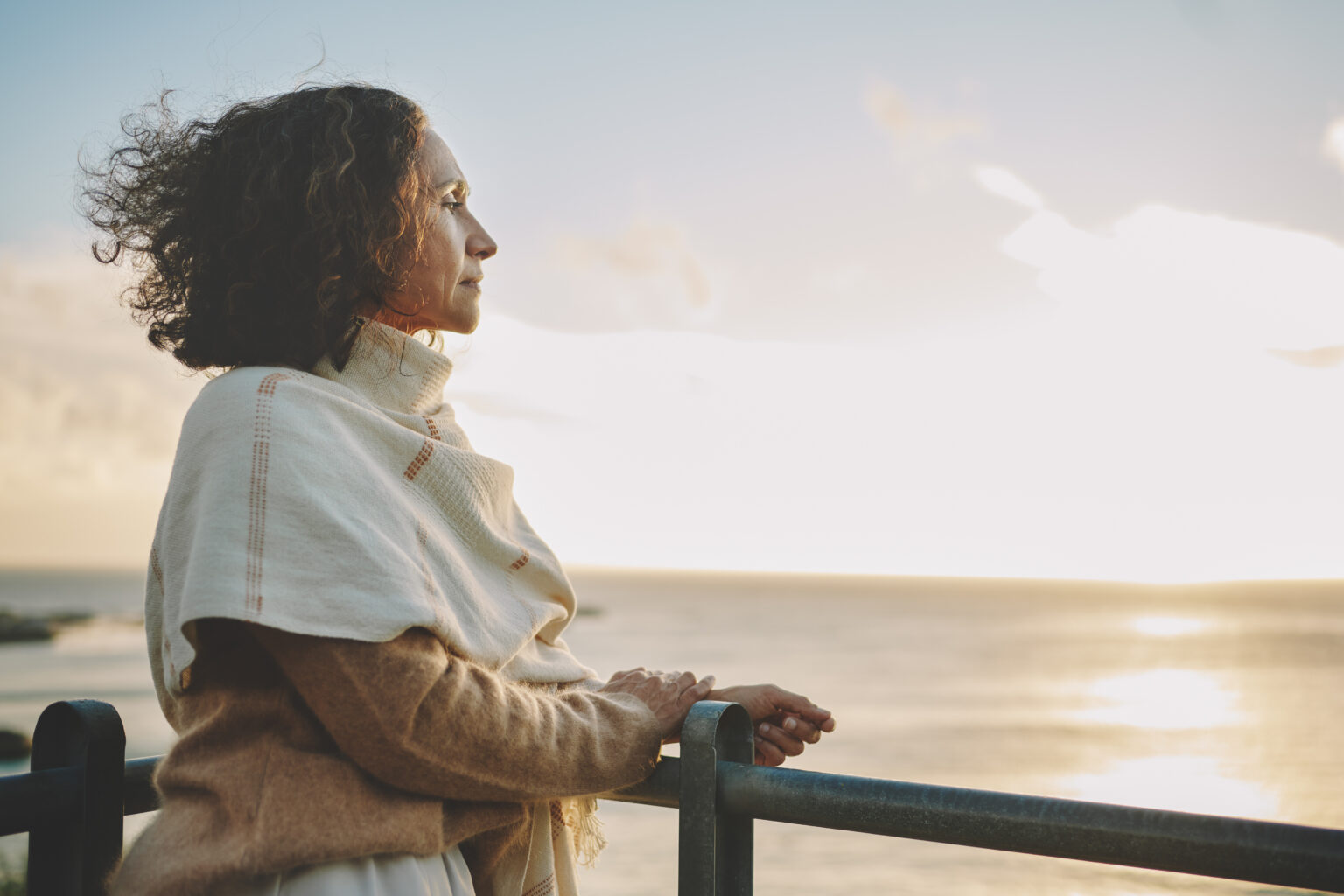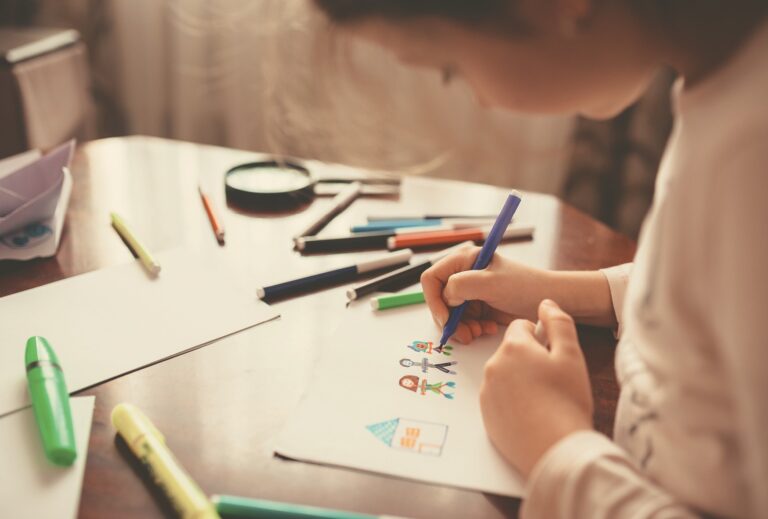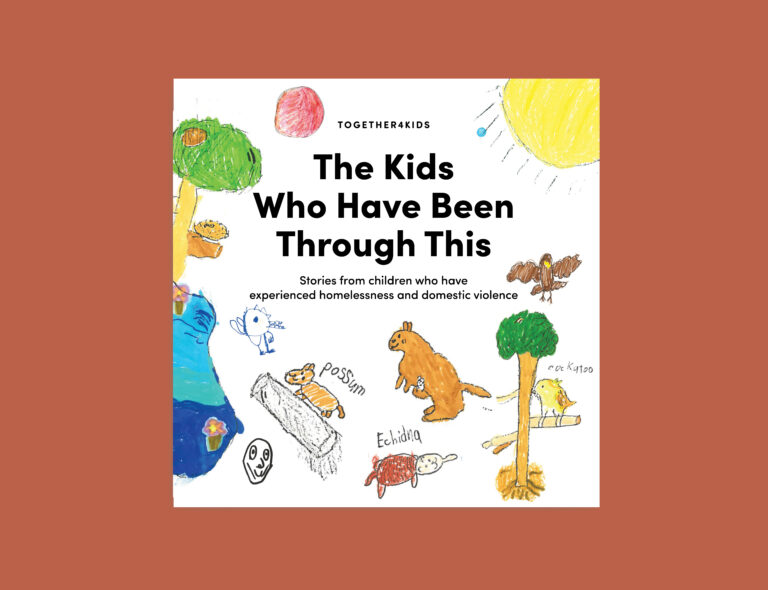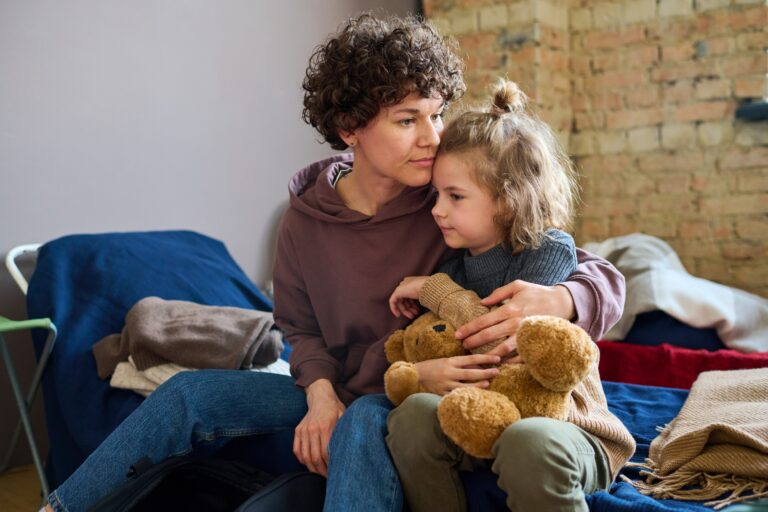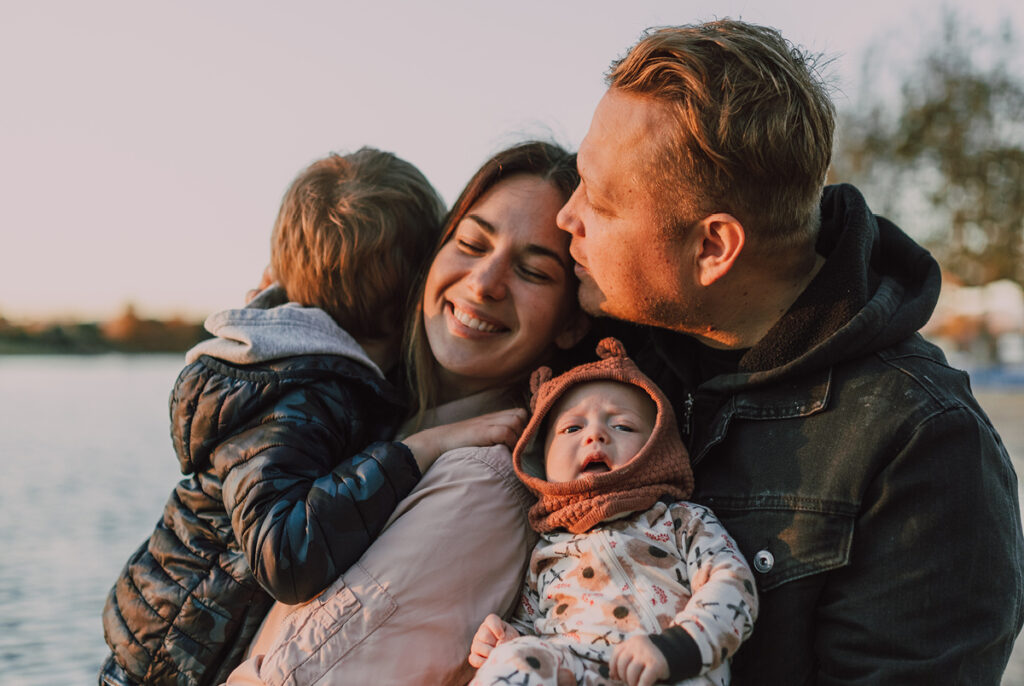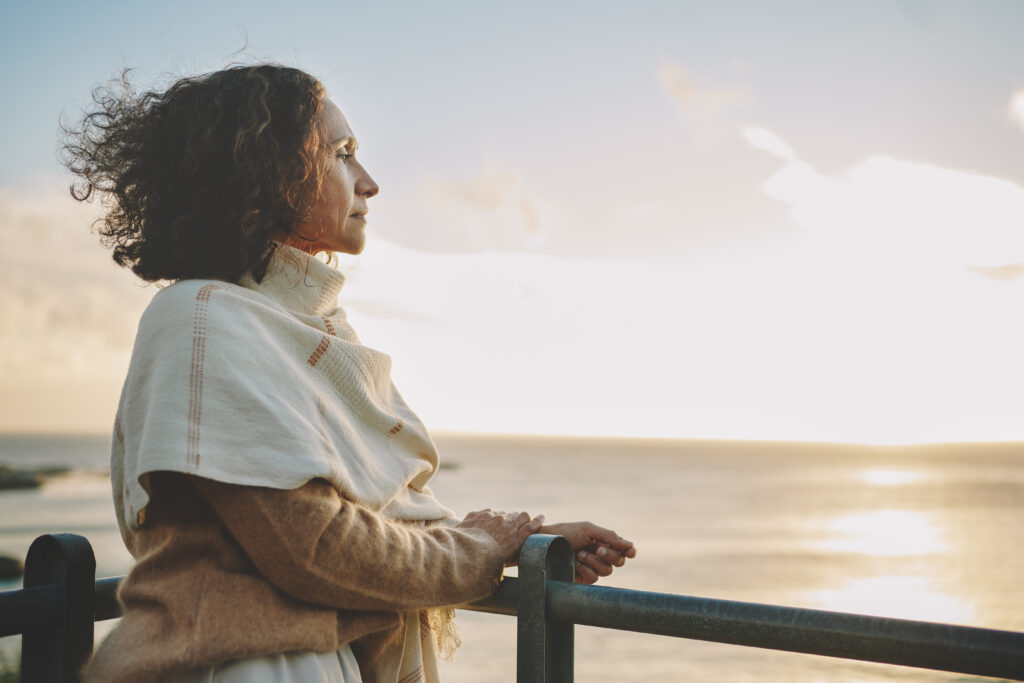
What is the Donor Conception Register (DCR)?
The DCR is a central record of South Australian donor conception treatment information, including historical information from the 1970s up to the current day.
It is the first register of its kind in Australia and includes donor names, genetic history, and people conceived from donations.
Adults connected to a South Australian donor conception can register to access their records.
Recent changes to the law
On 26 February 2025, South Australia changed its laws to give people conceived before September 2004 access to donor information that was previously unavailable. This means that donor anonymity was removed.
What this means
- Donor-conceived people can register to access their information within an online archive that is updated in real-time.
- The identities of people who donated under anonymity can now be accessed by connected donor-conceived people.
The changes were made after consultation with the South Australian donor conception community to support the health and wellbeing of donor-conceived people.

How these changes may affect you
Prior to 1988 there was no legal requirement for doctors and assisted reproductive treatment clinics to keep records about donor conception treatments. Donors were guaranteed lifelong anonymity and parents were often advised not to tell their child the truth about their conception.
If you were a donor or donor-conceived before September 2004, you may:
- Have only recently discovered you are donor-conceived
- Feel unsure about how to contact a DCR connection
- Be exploring your genetic heritage for the first time
- Feel concerned about your privacy or missing information
- Need support to have sensitive conversations with loved ones
- Be experiencing feelings of uncertainty if you donated on the condition of anonymity
No matter your situation, it’s important to know support is available.
The DCR Support Service
The DCR Support Service at Relationships Australia SA offers free, confidential support for donors, donor-conceived people, and their families.
We provide a range of support including:
- Counselling
- Assistance accessing and understanding information found on the DCR
- Further checks and search work where there are gaps in records available on the DCR
- Support managing contact with a DCR connection
- Support for having sensitive conversations with others
- Information on your rights and responsibilities
